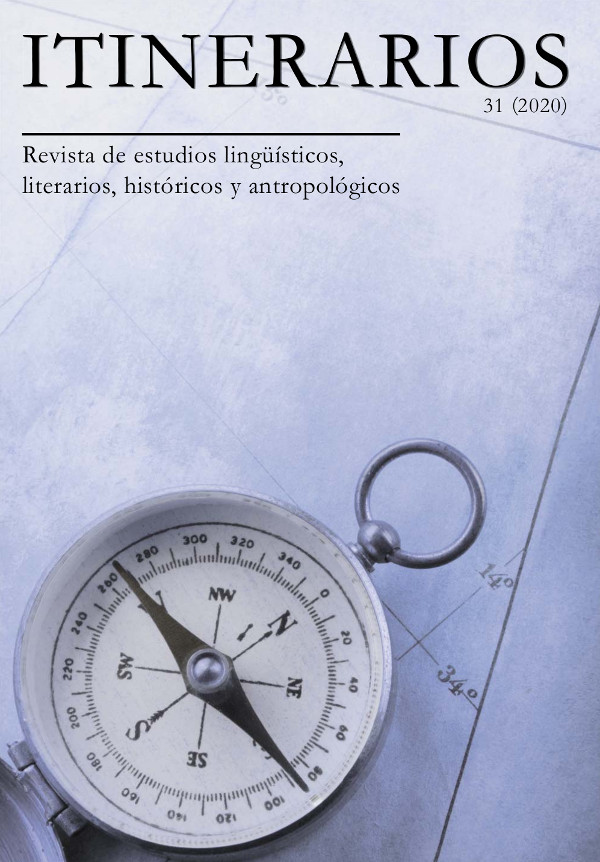La España decimonónica en los ojos de la familia Czartoryski
Nineteenth-Century Spain in the Eyes of the Czartoryski Family
Author(s): Barbara ObtułowiczSubject(s): Comparative history, 19th Century
Published by: Instytut Studiów Iberyjskich i Iberoamerykańskich, Wydział Neofilologii, Uniwersytet Warszawski
Keywords: Spain in the 19th century; travels; Czartoryski family; Spanish woman; independence of Poland; Hôtel Lambert
Summary/Abstract: The Czartoryski’s interest in Spain and its inhabitants dates back to the 1830s, when Prince Adam Jerzy Czartoryski, for his participation in the anti-Russian uprising (1830-1831), was condemned to death by tsar and escaped with his wife and children to the west of Europe. In Paris he continued his lively pro-independent activity. Standing at the head of the monarchical conservative-liberal party of the Hôtel Lambert, he supported the anti-Russian policy of European states, as well as revolutionary and national movements, seeing in them the possibility of rebuilding Poland. Staying in the vicinity of the “country behind the Pyrenees” aroused curiosity. The authoress discusses the unsuccessful attempts of the Hôtel Lambert members to make Spain an informal ally in the struggle of Poles for independence. She also focuses on Czartoryski’s comments about their staying in Spain that treat both the political and moral situation as well as everyday life. Moreover, there is a place dedicated to the Czartoryski’s opinion on Spanish women. A detailed analysis of the discussed issue, based mainly on the unpublished manuscript sources from Polish and Spanish archives, prompted the authoress to several important conclusions. Above all, Spain seen by two generations of this illustrious family only in part corresponded to the image transmitted by travelers and the travel literature. Their knowledge was more meticulous, less idealized, that is, more truthful. They were also better aware of the internal situation of the country than the inhabitants of the Iberian Peninsula, so they criticized, not without reason, their government, the court and politics. They were able to appreciate, however, what was and remains the true wealth of Spain, its cultural and artistic heritage. They also remembered that in 1797 Spain, just as Turkey had done before, did not accept the third partition of Poland.
Journal: Itinerarios
- Issue Year: 2020
- Issue No: 31
- Page Range: 73-86
- Page Count: 14
- Language: Spanish

